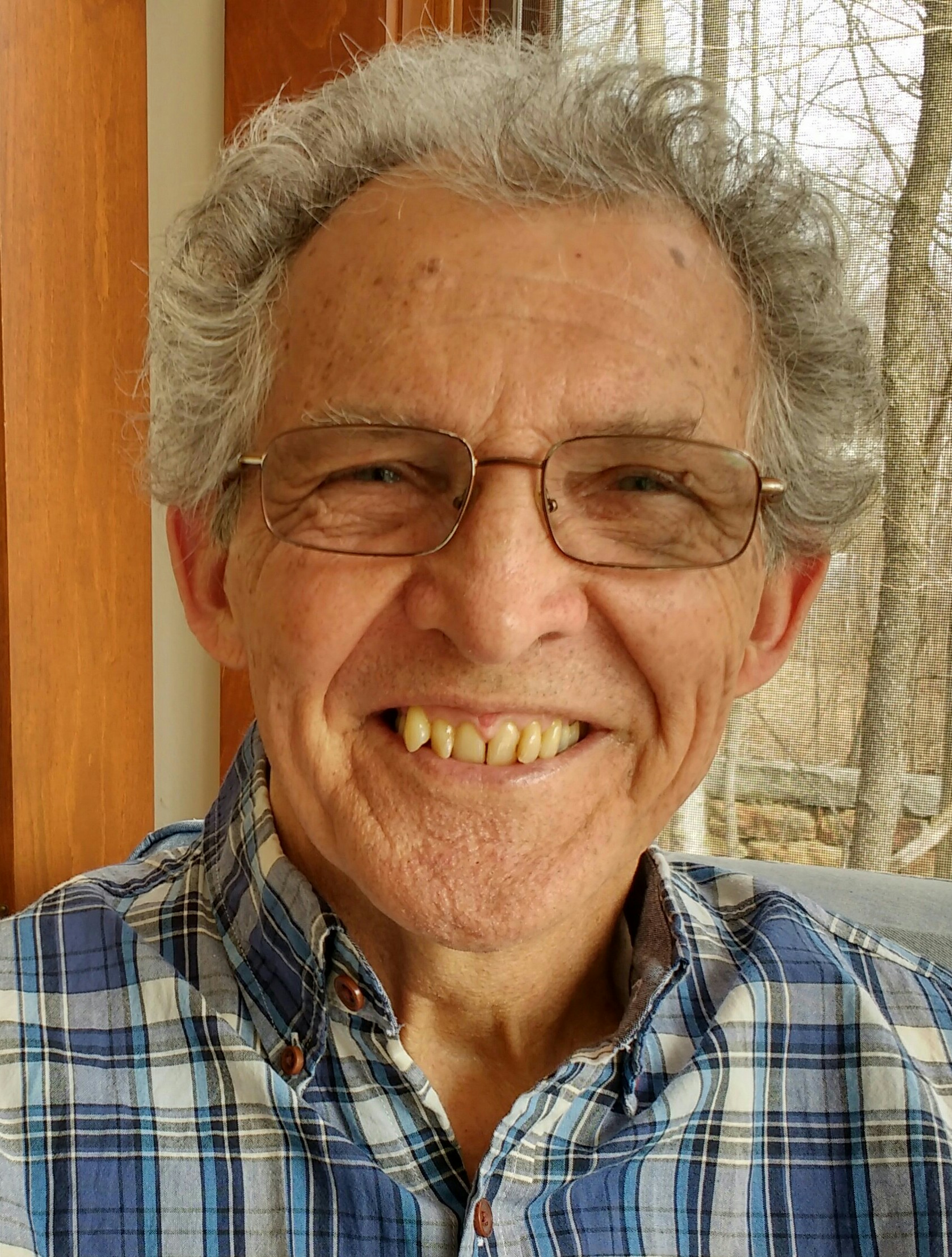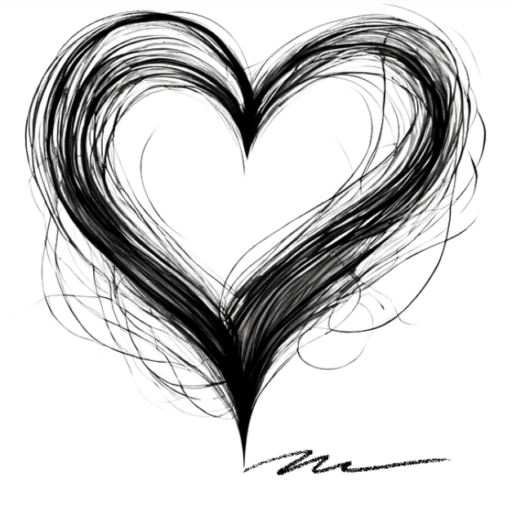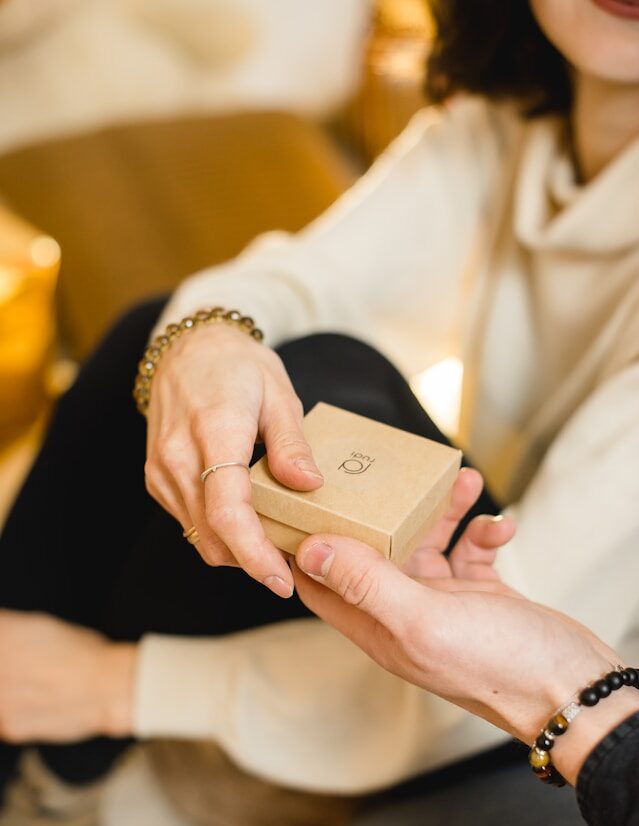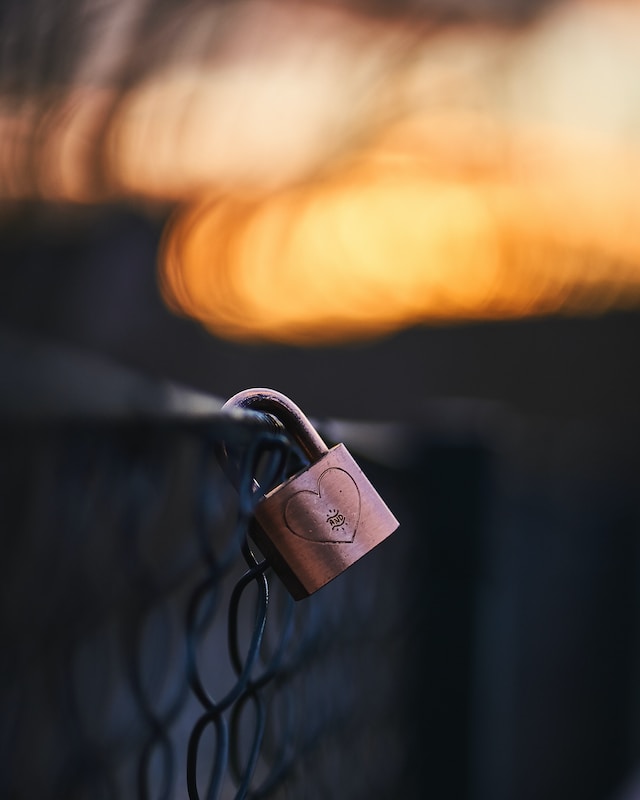Learning to Love My Mother Again as She Neared a Hundred
My 95-year-old mother laughed a lot despite past ordeals. And she was still ogling men. When Maryanne sent her husband to drive Mom to a garden club meeting, Mom said to me later, “Fred is such a hunk. He can drive me anytime.”
She was eighty-eight when her third husband died. I missed him, not because he had many admirable qualities as a stepfather, but because he’d been a highly responsible pain in the ass to my mother for forty-three years. Because I lived nearby and worked mostly from home as a telecommuting technical writer, I became her next overseer. Having to monitor an elderly mother who ignored safety advice seemed like an impending catastrophe. I thought I might minimize the risk by having the local hospital install a Lifeline system, thinking she could just press a button if she were in distress. But she wouldn’t wear the Lifeline wristwatch or pendant, saying she’d call me if something happened. Something always happened.
“Why me?” I often asked myself. It seemed unnatural for a man on the verge of retirement to have to take on the added problems of an ancient mother whom he’d never quite forgiven for the harebrained behavior that had stained his childhood. Could a child fall out of love with parents if they’d abrogated their responsibility for providing a safe home? Could I love Mom if I couldn’t forgive her?
Not only was I naïve about the role reversal trap of parenting my mother, but she and I were incompatible. I didn’t like to chat or shop, and I had a penchant for sarcasm. Mom had been a flirtatious younger woman and, in her heart, still saw that woman in the mirror. But others saw her as a tiny, wrinkled lady who laughed even when the dialogue lacked humor, leading friends, nurses, and doctors to remark that she was one of the cheeriest women they’d met.
But behind the persistent smile, Mom struggled with her fear of dying. She called each night at eight to let me know she was still alive, although sometimes she was engrossed in a novel that distracted her from the time. Then I called her. When she developed a pain in her left ear and neck, she seemed convinced it was her carotid artery. She spent sleepless nights wandering around her house, worrying whether her time had come. The examining doctor said she probably strained her neck, which seemed logical in that when she dozed from a sitting position, her head dropped back and her left leg hooked over the arm of the sofa like some dormant octopus clinging to its favorite coral reef. When I asked why her leg was up, she said it was comfortable that way.
I didn’t really want to be responsible for shepherding Mom toward the death trap called “end of independence.” But I was now her partner in medical visits and occasional trips to the ER. I gave the medical people my phone number as their primary contact for appointments and feedback. I kept track of her pill supply. The day arrived when Mom was too slow punching in her prescription numbers on the pharmacy’s automated phone line, which then timed her out. So I took over that task.
At first I stayed in the waiting room while Mom maintained her independence with her doctor or dentist, but often she returned with a smile and acquiescence to questionable medical advice. So it became my routine to enter the examining room with her, even if I had to step into the hall while she changed into a hospital gown.
I suppose my anxiety about all this had something to do with the constant stress of being the caregiver for a woman who was struggling against diminished capacity. I wondered if I was competent to make the right decisions for her.
Each Tuesday I became anxious while driving her to the supermarket, worrying about potential catastrophe while we pushed our shopping carts along separate routes. She’d fallen several times, once even in the supermarket, but said with a laugh that landing on her head or butt was no big deal, because no damage could be done to those areas. A cracked rib and a broken wrist had been short-term problems. She’d had gallstone surgery at ninety and figured surviving something like that meant she was impervious to smaller dangers— like falling and breaking bones. She refused to use the cane I’d bought her. A woman couldn’t appear sexy if she was toting a cane.
Without support like a grocery cart, she walked slowly with her left eye closed, wobbling sometimes. She said her eyes hadn’t worked well together since her stroke years ago, and so she saw distances better just using her right eye. At the supermarket she said, “I try to keep both eyes open here so men won’t think I’m winking at them.”
“Why don’t you use a black patch for that eye,” I said, failing to suppress my sarcastic nature.
She laughed.
Holding my arm on the way into the supermarket from the parking lot gave her the appearance of being with a younger man. But once inside, Mom disappeared with her grocery cart while I shopped for my family. One time I spotted her leaning into the freezer case, searching for her favorite shrimp scampi dinners. I asked if I could help. She said, “Did you see that hunk in the dairy aisle? The tall one with the good legs.”
My father had been a handsome athlete with “sexy” tennis legs. However, his volatile temper on and off the tennis court had been a bad sign. As life progressed, his character revealed a narcissist, philanderer, alcoholic, wife beater, and jealous maniac. Somehow their marriage lasted eighteen years. I resented that she hadn’t quit earlier.
One year later she married a gentle giant who wrote me a heartfelt letter just before my Christmas leave from Annapolis, saying he looked forward to meeting me and how much he cared for Mom and my sisters. He and I drank an occasional beer at Christmas, but his was with a shot of whiskey. A heart attack killed him weeks later. They’d been together only six months.
Eighteen months later she married a tall, retired Air Force master sergeant who felt it was his duty to instruct others. Too often his kids had heard him say, “It’s cloudy today. Don’t forget to take an umbrella.” So no one listened, not even his dog. During thunderstorms, Jiggers climbed a tree next to his dog house. I thought if he couldn’t teach a dog that a tree is dangerous during lightening, he should stop saying those who rejected his advice were stupid.
When the master sergeant died, I tried my best to soften Mom’s gradual loss of independence. Whenever I left her house, she always said, “Thank you for all you do for me.”
Mom reached one hundred on June 13, 2015. Because she was emphatic about no big gathering, I drove her to my house for lunch, stopping along the way at the lake of her joyful childhood and a view of the mountain she’d climbed then. I knew that scene always made her nostalgic. Along with presents from my small family, I gave her a gratitude list of twenty-nine good things in my life for which she’d been responsible. I hugged her despite her history as a non-hugging mother. She seemed comforted by it.
A few months later Mom stopped eating much and was sleeping more during the daytime (often in her clothes in bed). My wife, Shelley, and I thought she was nearing the end. Complicating matters was that I was having daily radiation treatments to shrink a cancerous tumor that would require colon surgery. Shelley called Home Healthcare to Mom’s house. They recommended Hospice. Just before Thanksgiving, my sister flew in from Colorado to help with Mom, who kept fighting to get out of bed. As she weakened, Mom asked why she felt so bad. Shelley asked her why she thought she felt bad.
Mom said, “Because I’m old and dying.”
Shelley said, “Your spirit is strong, but your body is very tired.”
Shelley and my sister had been taking turns sleeping at Mom’s house. Shelley was there when Mom died in her sleep in the pre-dawn hours of December 2nd. She called me around 7 AM. As I bumped around Mom’s house later, I found my gratitude list on her living-room coffee table along with mounds of other stuff that she’d intended to revisit in the near future.
I suppose, like every child, I had loved Mom in the beginning but had fallen out of love with her during the turbulent years and beyond. Now, after twelve years of my caring for her, I thought she’d been content to have me ease her through the tough transition from independence to infirmity. I hoped she’d seen my small acts of help and kindness as a form of love larger than the words often used to proclaim it.
I thought about her humor that had continued to prevail during hard times. Even with declining eyesight, she could still read bumper stickers on passing cars as we drove to the supermarket. “I like that one,” she’d said one day. “I Don’t Brake for Yankee Fans.” Then she’d cackled, as if the thought of running over my father (a Yankee fan) brought her a belated delight.
Although I lived in other places when I was younger, my wife and I have now lived in my childhood house for thirty-five years, made some renovations, and raised a child here. Often as I pass through a room, especially one in which I’ve hung one of her watercolor paintings, I feel Mom’s presence. Whenever she saw one of our renovations for the first time, she usually said, “My mother would have been so pleased.”
Whenever I visit Mom’s gravestone at the town cemetery, I remember the laughter that spanned her one hundred years, despite all the emotional pain of outliving three difficult husbands.
Townsfolk say I inherited her smile, not realizing she’d taught me as a child that people were attracted to those who portray joy. I think often of how her laughter brought smiles to others and how our love had blossomed more toward the end.

Kurt Schmidt’s essays and memoirs have appeared in The Boston Globe Magazine, Bacopa Literary Review, The Ravens Perch, Grown and Flown, Oyster River Pages, The Good Men Project, Eclectica Magazine, Snapdragon, and the ‘Adelaide Literary Awards Anthology.’ He also authored the novel ‘Annapolis Misfit’ (Crown Publishers). He lives with his wife in New Hampshire and enjoys photographing birds at his feeders. His famous owl photo and essays are at www.kurtgschmidt.com.



